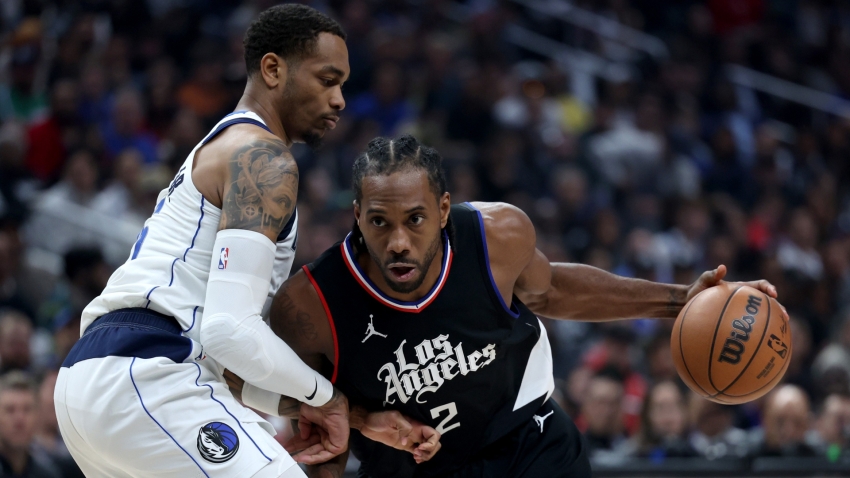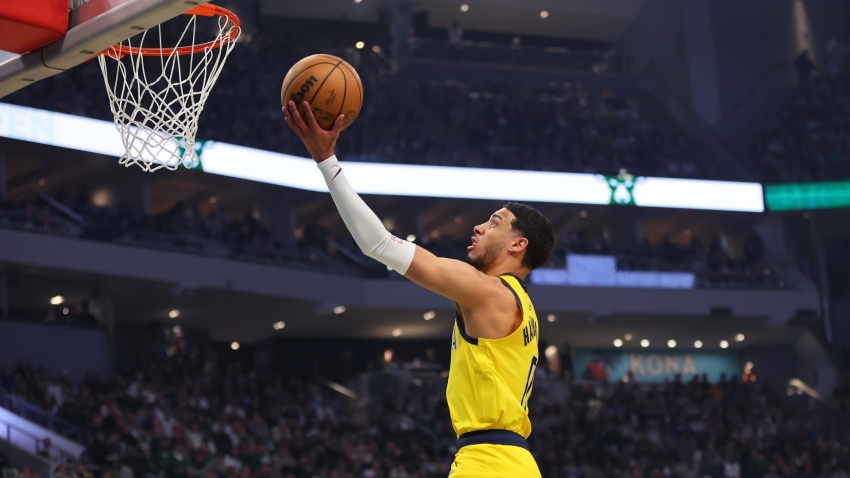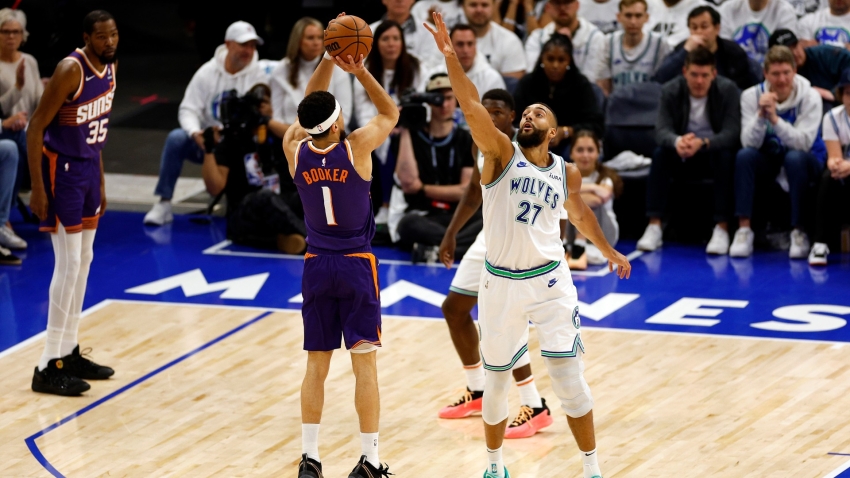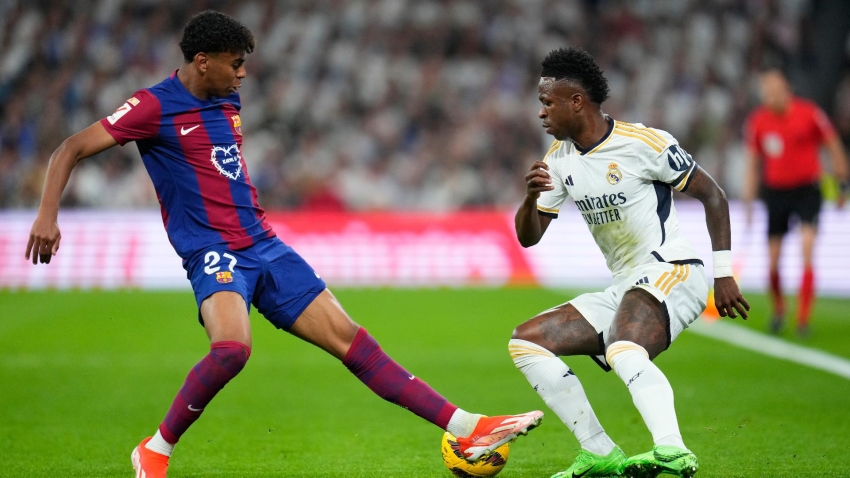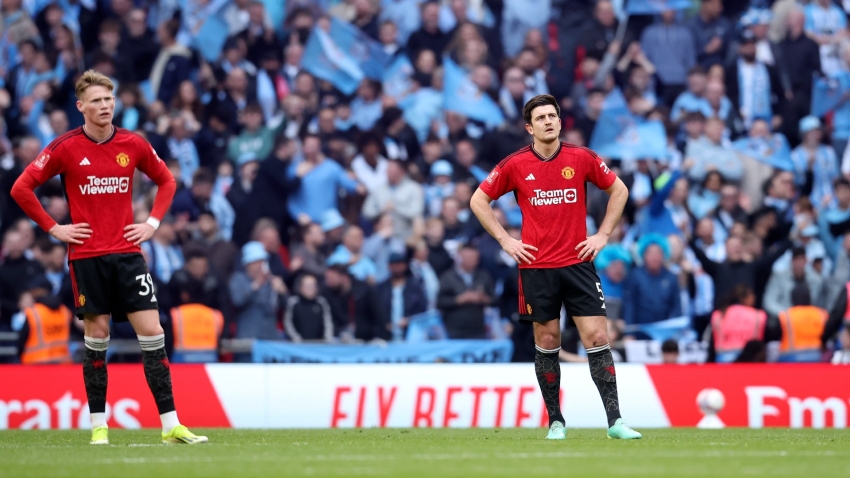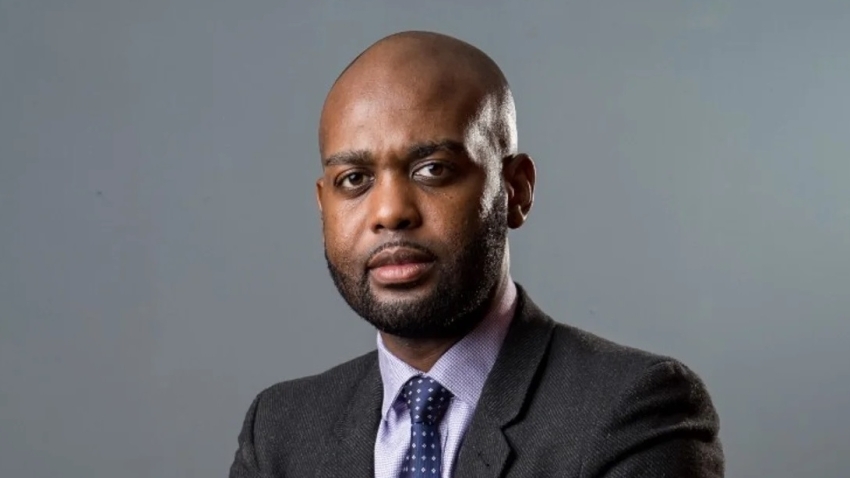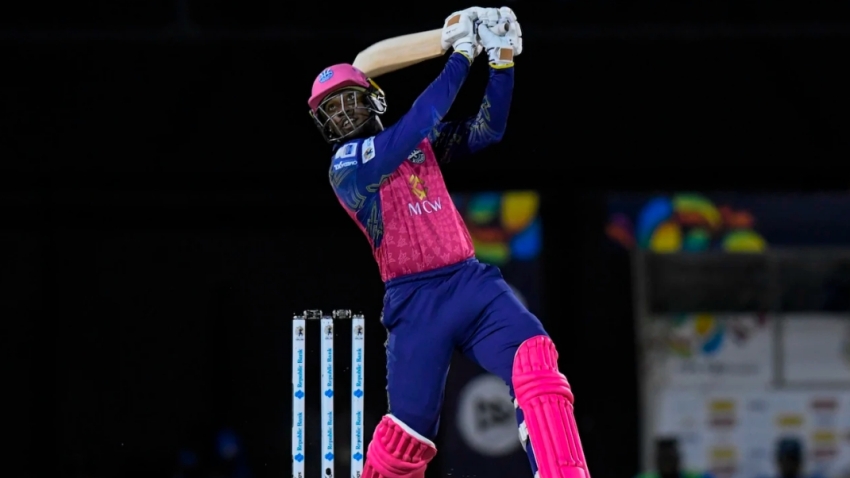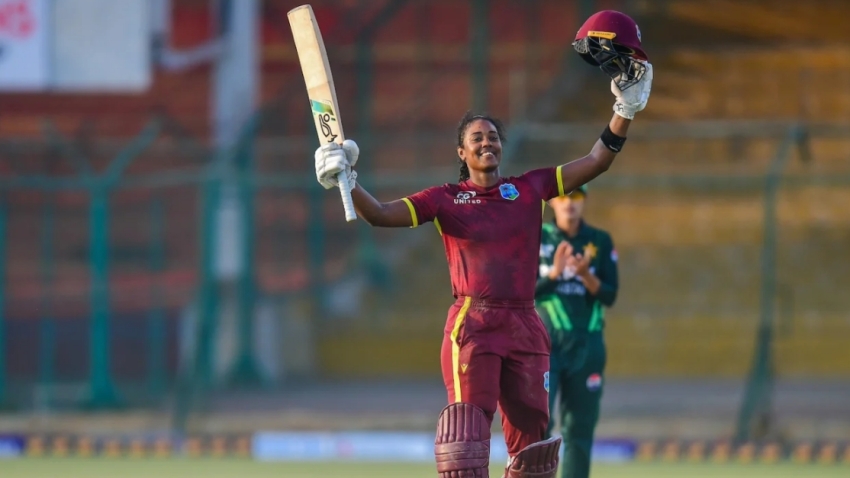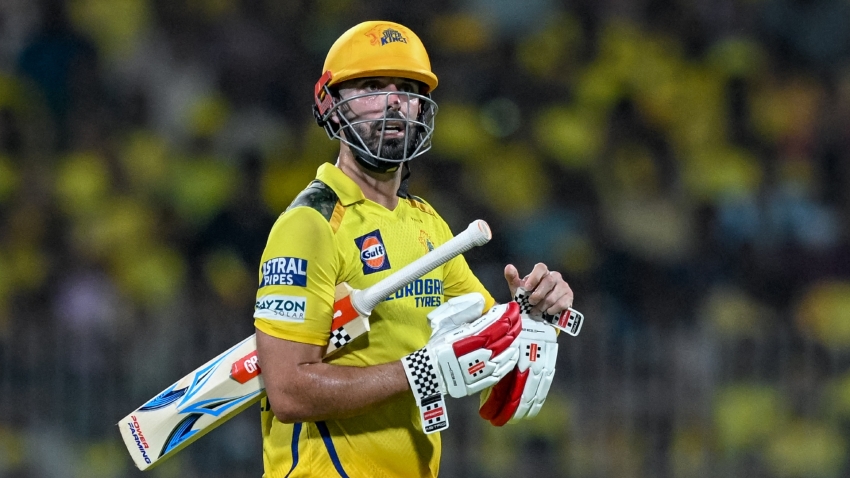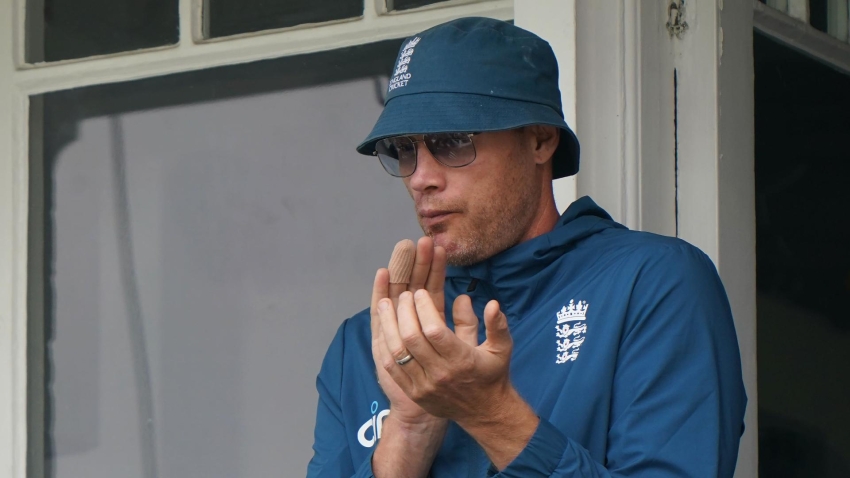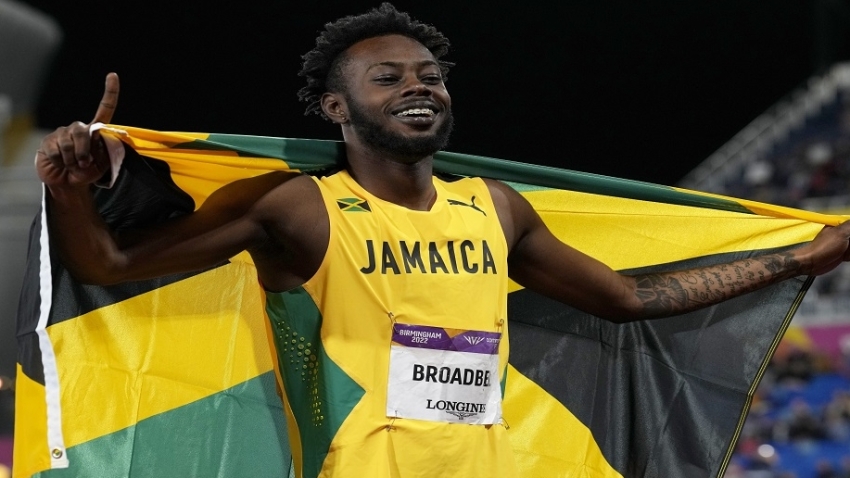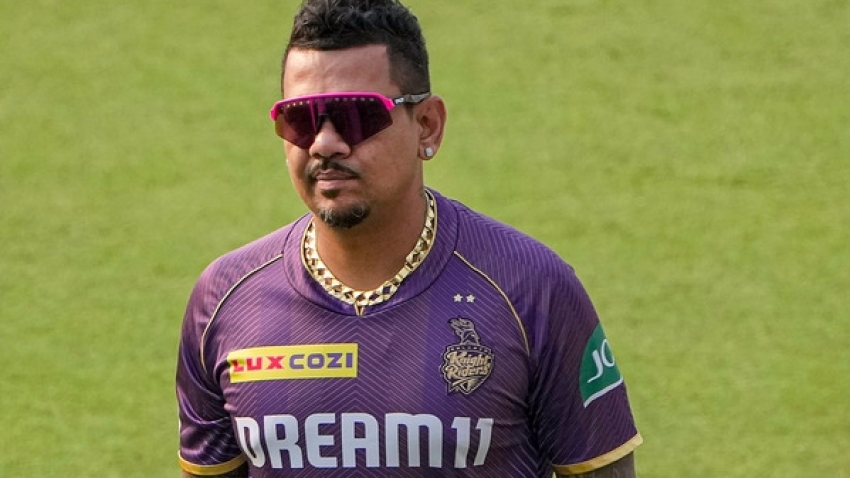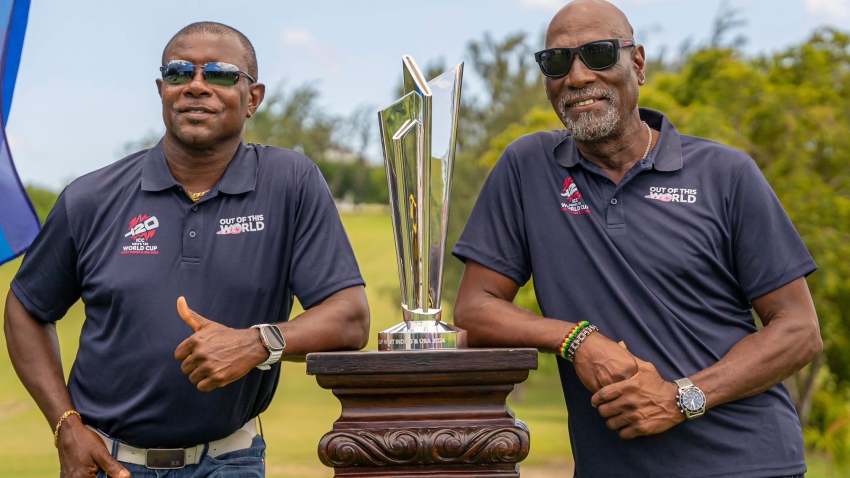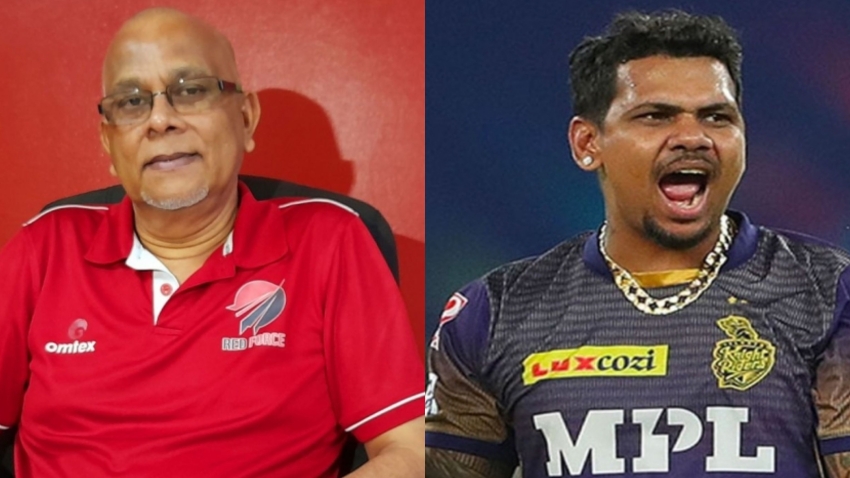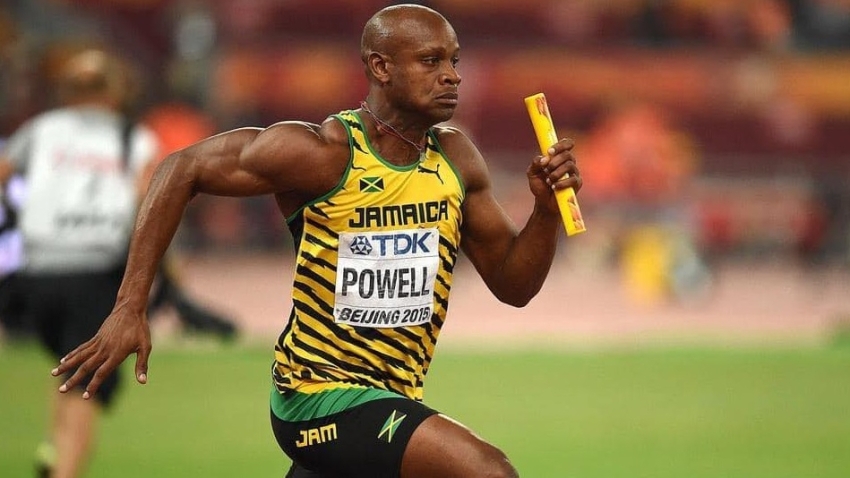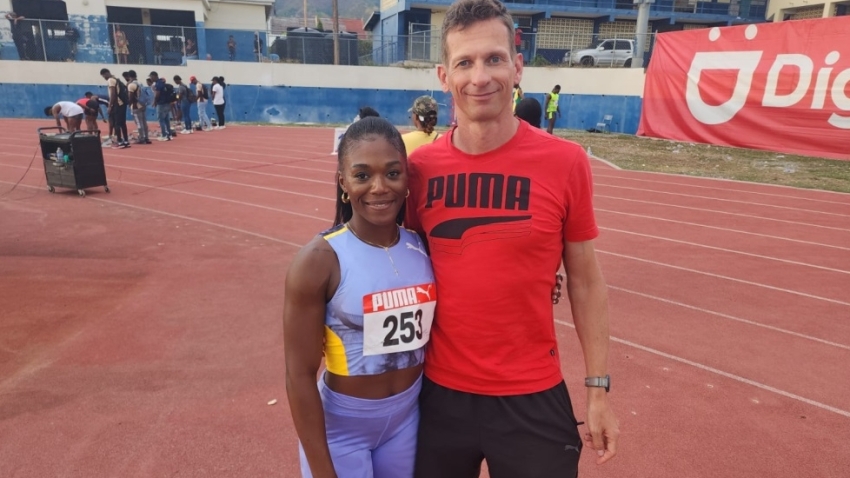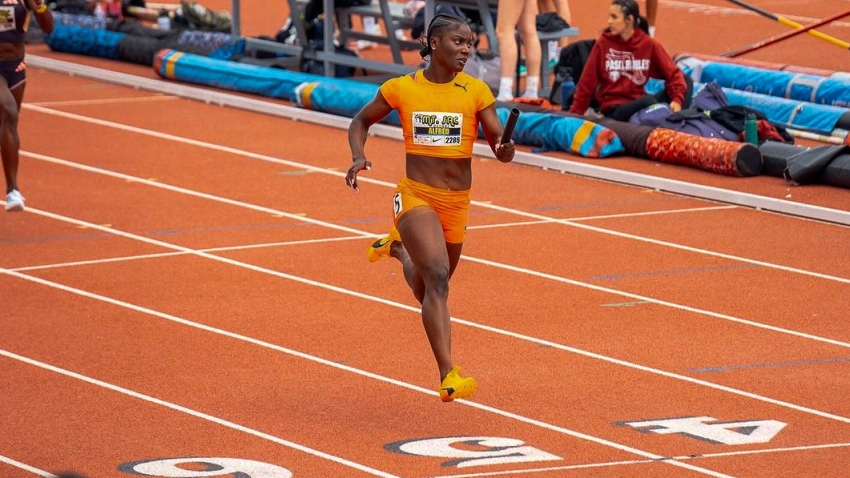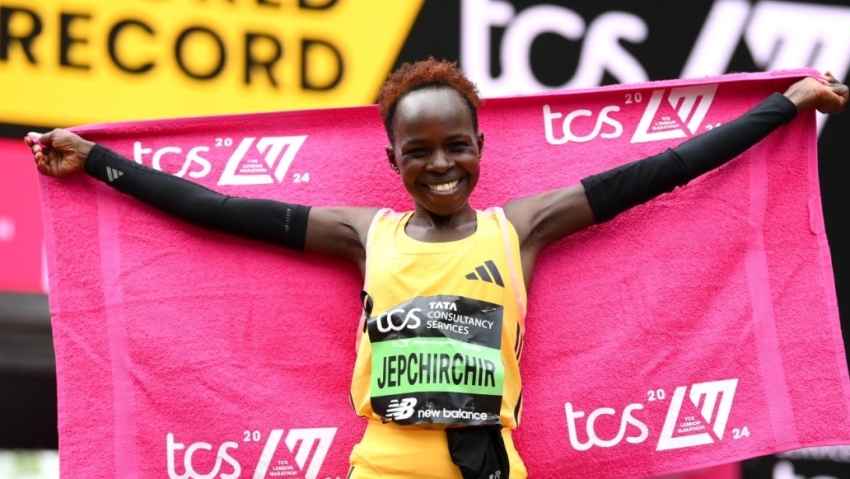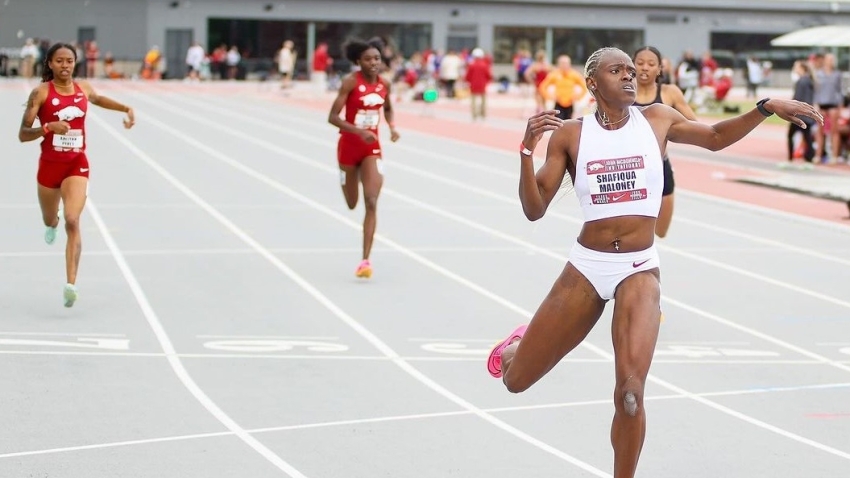Cricket West Indies (CWI) vice president Azim Bassarath has declared his intentions to join the effort to possibly coerce spinner Sunil Narine to come out of international retirement for the upcoming ICC Men’s T20 World Cup to be hosted in the Caribbean and United States.
Bassarath's declaration follows that of West Indies T20 captain Rovman Powell, who has led the charge of trying to get Narine back to the regional setup ahead of the June 1-29 global showpiece.
Narine, 35, confirmed his retirement from the international game last November. However, after a stellar 56-ball 109 for Kolkota Knight Riders (KKR) against Rajasthan Royals in an IPL tie on April 16, Powell said he’s been trying to coax Narine to rejoin the squad for the past year “but he’s blocked out everyone.”
At the same time, the Jamaican revealed that he sought the assistance of Nicholas Pooran and retired international stars Kieron Pollard and Dwayne Bravo to convince their compatriot to return. Former maroon fast bowler Tony Gray also believes Narine would be a welcomed addition to Darren Sammy's side to challenge for a third T20 World Cup title.
West Indies won the 2012 and 2016 editions of the tournament.
After KKR's IPL win against the Lucknow Super Giants on April 14, Narine when asked about the possibility of returning to the West Indies team by former West Indies teammate Samuel Badree, pointed out that “I will be watching from home, Badree.”
However, Narine in another interview on Tuesday, appeared to soften his stance about making the proverbial U-turn, when he said, “It is what it is, but we'll have to see what the future holds.”
Bassarath explained that he has tried unsuccessfully to make contact with Narine, but he intends to keep at it.
“I haven’t spoken to him [Narine], and he hasn’t spoken to me. Everybody is asking for him to change his mind and come represent West Indies, at least for this last chance. It is my intention to give him a shout, and if I have to beg him to come back and make himself available to play in this tournament. Because this is what the people need," he said in a T&T Newsday article.
Bassarath, the Trinidad and Tobago Cricket Board (TTCB) president Bassarath also revealed that he reached out to Queen’s Park Cricket Club president Nigel Camacho – Narine’s domestic club – for help.
“I have also spoken to the QPCC president, and he indicated to me that he will also reach out to Sunil to see if he can change his mind to come on board," he shared.
West Indies are set to open their T20 World Cup campaign against Papa New Guinea in Guyana, on June 2. Afghanistan, New Zealand, and Uganda are the other teams in the group.


